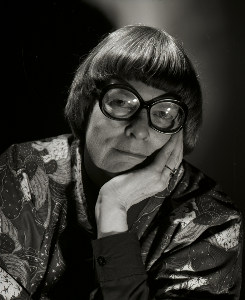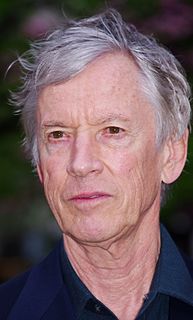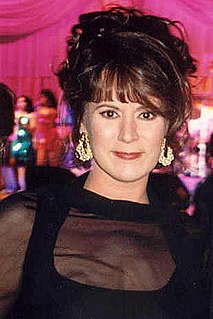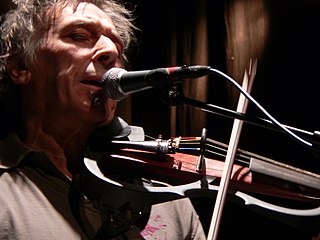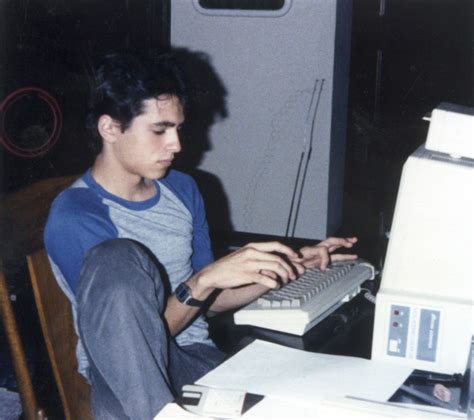A Quote by Gregory Benford
It really helps if you know your subject matter immediately. I find that enormously useful because then you can concentrate on all the usual novelistic things - the character, the plot and so forth - and you don't have to spend an enormous amount of time learning another trade, essentially.
Related Quotes
Nothing comes without trade-offs. Do you want to spend time with people who like, or with people who might be useful to you? Do you really want to put in the long hours and constant attention required to be successful in your quest for power? Do you really want to be under the microscope on a daily basis, with people commenting on the car you drive, where you live, where you go on vacation, and so forth? There is no way to avoid the price of power. It's up to you to decide if it is worth it, and to change course when it isn't.
Most of the time, if you're not really paying attention, you're someplace else. So your child might say, "Daddy, I want this," and you might say, "Just a minute, I'm busy." Now that's no big deal-we all get busy, and kids frequently ask for attention. But over your child's entire youth, you may have an enormous number of such moments to be really, fully present, but because you thought you were busy, you didn't see the opportunities these moments presented. . . . People carry around an enormous amount of grief because they missed the little things.
The subject matter that I am really spending my time on has become an acceptable subject matter. Living, lifestyle, family, is now in the forefront of interest in America, and I've just stuck with it. I mean, I've been doing this for years, and I never got angry. I never said, you know, listen, I'm fighting for this subject. That wasn't my point. My point was to continue working in a subject matter, knowing full well that finally it would be recognized as a viable subject once again.
Being in worship and declaring you know, the truth of scripture through song and, you know, because music gathers all of who you are, it helps you in your auditory senses, it helps you scientifically. It says it helps you at a molecular level and, so doing all these things and then declaring the living word of God, I mean, there's nothing quite like it when you're hanging on for your life.
The first thing that happens is the cleansing of the former character. I don't think a lot of actors talk about it, but there is usually a process where you essentially purge yourself of the character played prior to the movie. Then you want to think about what the character represents, and you write down all of the elements about this character and then take the time to find some synchronicity and start breathing the character.
I begin with understanding the intentions of the story. That helps me to zero in. Then I gather research for each individual character and analyze the time period with comparisons to the figure and the facial structure. It helps to be comfortable with computers because the massive amount of research is kept electronically and shared with my staff this way. Very little is printed out. I work with an illustrator to come up with the proper silhouettes and details of the clothing from the time period to time period. And on and on.
Also, worldbuilding touches all aspects of your story. It touches plot and character as well. If you don't know the culture your character comes from, how can you know what he's really like? You must know your characters on a much deeper level than you would if you just shrugged your way into a cookie cutter fantasy world.
How little we know of what there is to know. I wish that I were going to live a long time instead of going to die today because I have learned much about life in these four days; more, I think than in all other time. I'd like to be an old man to really know. I wonder if you keep on learning or if there is only a certain amount each man can understand. I thought I knew so many things that I know nothing of. I wish there was more time.
I find that getting something on the screen as soon as possible really helps focus the problem for me. It helps me decide what to work on next. Because if you're just looking at that big to-do list it's like, eh, I don't know which one I should do—does it matter which one I do? But if there's something you can actually look at, even if it's just the debug output of your mailbox parser, it's like, OK, there!









